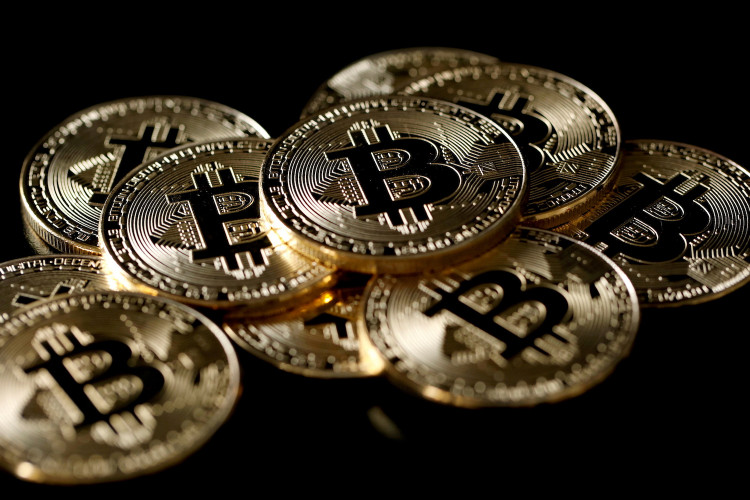In a week marked by significant economic and political developments, the cryptocurrency market has experienced notable fluctuations, reflecting the broader uncertainties facing investors. The U.S. Consumer Price Index (CPI) for August revealed a 2.5% year-over-year increase, a moderate decline that is likely to influence the Federal Reserve's upcoming decision on interest rates. At the same time, political dynamics have added another layer of complexity, with Democratic candidate Kamala Harris gaining momentum after a contentious presidential debate, further impacted by pop star Taylor Swift's public endorsement.
The CPI figures released this week have provided a clearer picture of inflation trends in the U.S., with the 2.5% increase in August marking a slowdown compared to July's numbers. The Core CPI, which excludes volatile food and energy prices, remained steady with a 3.2% rise. These data points are crucial as they come just ahead of the Federal Open Market Committee (FOMC) meeting on September 18-19, where the Federal Reserve is expected to decide on a potential rate cut.
Federal Reserve Chair Jerome Powell had indicated in late August that the time might be ripe for reducing interest rates, a sentiment echoed by many market analysts following the latest CPI report. Most experts now anticipate a 25 basis point cut, a development that has already been partially priced into the market, especially in risk-sensitive assets like bitcoin. Before the CPI numbers were released, bitcoin's price remained relatively stable, but it saw a brief dip to $56,200 before recovering by about $1,000.
While such fluctuations are not uncommon in the crypto market, the political environment has further amplified volatility. In the recent presidential debate, Kamala Harris effectively put her Republican opponent, Donald Trump, on the defensive, particularly concerning his support for the cryptocurrency industry. Trump's positioning as a pro-bitcoin candidate, coupled with his promises of friendlier regulation, had previously buoyed investor sentiment within the crypto space.
However, Harris's performance in the debate, combined with Taylor Swift's endorsement, appears to have shifted market sentiment. Betting odds on Harris winning the election improved to 56% from 53% pre-debate, while Trump's chances fell to 48% from 52%, according to PredictIt. The shifting political landscape has introduced new uncertainties for the cryptocurrency market, which has long viewed Trump's potential return to the White House as a positive for the industry.
Susannah Streeter, head of money and markets at Hargreaves Lansdown, noted the impact of these developments, stating, "Following the performance of Harris in the debate and perhaps Taylor Swift's endorsement, there is a slightly lower chance of a crypto-supporting Trump in the White House." This sentiment was reflected in the market as Bitcoin pared earlier losses, ending the day down 2%, while Ether dropped by 2.6%.
Cryptocurrency-related stocks also faced significant pressure. Companies like Riot Platforms and Marathon Digital saw their shares decline by between 3.6% and 5.3% in premarket trading. MicroStrategy, a software firm known for its substantial bitcoin holdings, fell 5.4%, while Coinbase Global, a leading crypto exchange, and Blockchain farm operator Bitfarms, dropped 3.6% and 3.8%, respectively.
Trump's previous attempts to court the crypto industry, including his declaration at a July conference to "never sell your bitcoin," have fueled hopes within the sector. However, Harris has yet to articulate a clear stance on cryptocurrency, creating uncertainty about the future regulatory environment should she win the election.
Valentin Fournier, an analyst at research firm BRN, observed, "The U.S. presidential debate did not address crypto directly. However, market sentiment is shifting in favor of Kamala Harris. This creates a somewhat less optimistic outlook for bitcoin compared to the more enthusiastic projections made by Trump at the Bitcoin 2024 Conference."
The broader crypto market, often characterized by its high volatility and perceived as a fringe business, has increasingly gained mainstream appeal. Wall Street institutions and high-profile corporate figures like Elon Musk have lent credibility to the sector, and the approval of U.S. exchange-traded crypto funds has further bolstered its legitimacy. Nevertheless, the market remains highly sensitive to both economic indicators and political developments, as evidenced by this week's fluctuations.






